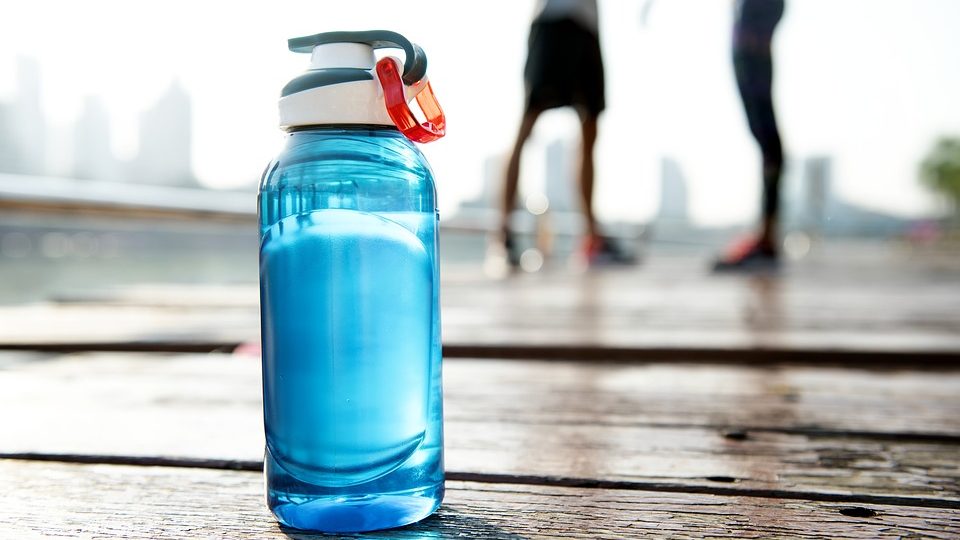Over and above nutrition, proper hydration during training and the marathon itself is exceptionally important.
Obviously, while you run, your body loses a large amount of water as well as electrolytes through the process of sweating. Studies have shown that runners that lose more than 2% of their body mass in this way without replenishing through hydration will perform poorly. At the same time, the body is placed under unnecessary strain because essentially, it begins to dehydrate.
On the opposite end, however, over hydrating the body can also cause problems especially over longer distances. This can lead to the electrolytes in the blood becoming extremely diluted, a condition called “hyponatremia”. It particularly affects sodium levels in our blood.
While training for a marathon, it is important to try and calculate the rate at which your body sweats. There are a number of ways to do this, but perhaps the easiest only requires a scale.
The process is as follows:
- Wear light running clothing.
- Weigh yourself before you run.
- Record this weight.
- Dry yourself off after your run.
- Weigh yourself again.
- Record this weight.
Now apply this simple rule. For every 1kg of weight lost during your run, you have lost 1 litre of fluids through sweating. This is called your sweat rate. For example if you lost 0,5kg during your 1-hour run, your sweat rate is 500ml per hour.
This is all good and well but bear in mind it is very dependent on conditions. You will sweat more in hot weather and less in colder climates. You should do this on a training runs at a range of temperatures to help you determine multiple sweat rates. You can then apply these on the day of the race depending on the weather.
Over and above this mathematical way of working out how much you should drink, take note of your body. If you feel thirsty, then drink!
A good starting point to follow is this, however.
- Drink 500ml of water around 2 hours before the race. This helps to ensure you are fully hydrated before you start. Your body will pass any excess water it does not need.
- Drink another 100 to 150ml just before you begin.
- As you now know your sweat rate per hour, try to replenish the liquid lost as accurately as possible.
- A simple rule– drink between 150-250ml every two miles (3.2 kilometres).
Water is not the only liquid you need to drink to stay hydrated. As discussed earlier, we lose electrolytes as we sweat. These are extremely important to the body as they help to maintain a balance in the fluids in our system. When it comes to keeping the body hydrated, sodium, potassium and chloride are the electrolytes that need to be replenished as we run. Of these, sodium is the most important as it regulates how the body absorbs fluids. If we have low sodium levels, water often passes straight through our system without keeping us hydrated.
While running, be sure to use energy gels or sports drinks, not only to boost energy but to ensure that your sodium, potassium and chloride levels are replenished. It is imperative that you do not just rely on water during the marathon. Even if you are not a fan of gels or sports drinks, they are essential during your run. A word of warning, drink some water after taking in an energy gel. They are high in glucose and if not watered down slightly can cause cramps and stomach problems for certain people.



![10 [Top] Things to Never Tell Your Kids!](https://postshealthy.com/wp-content/uploads/2019/12/child-218x150.png)


![10 [Top] Things to Never Tell Your Kids!](https://postshealthy.com/wp-content/uploads/2019/12/child-100x70.png)




